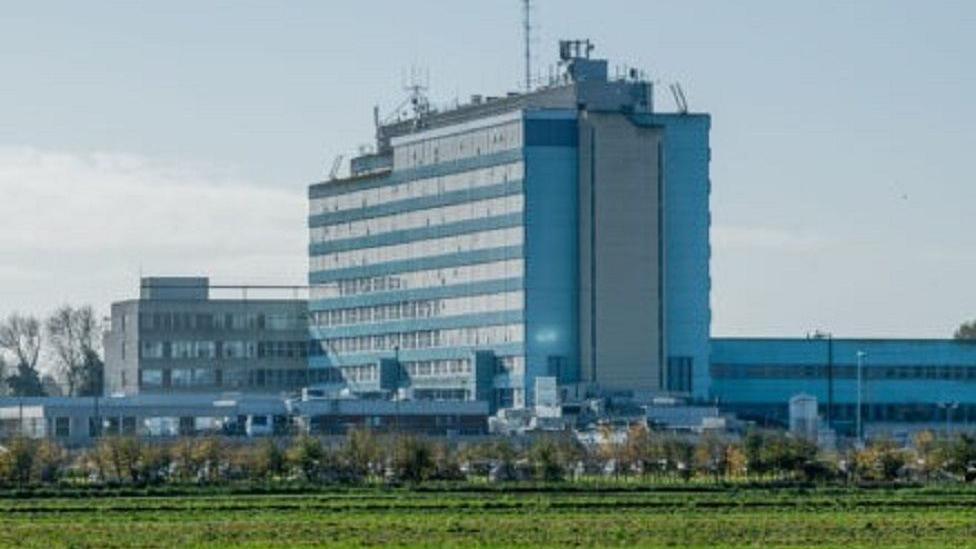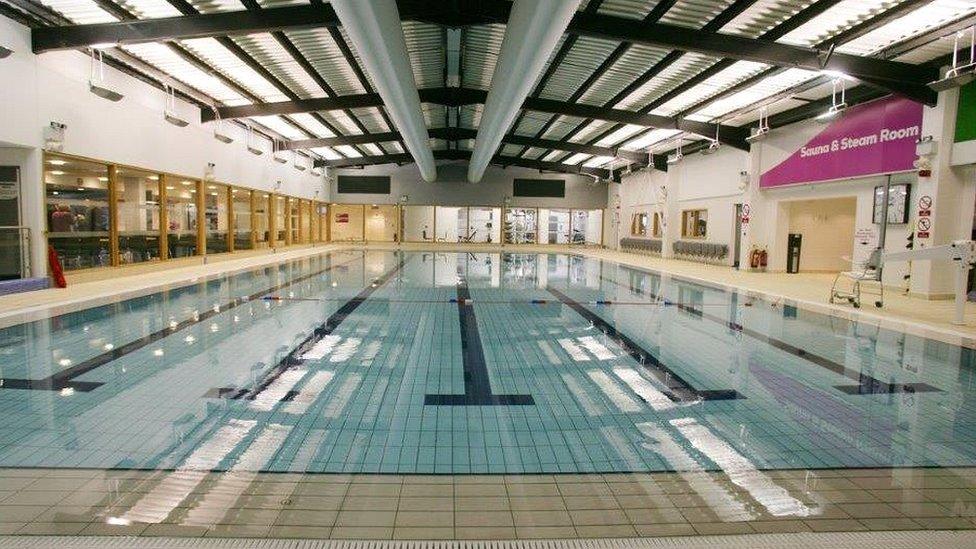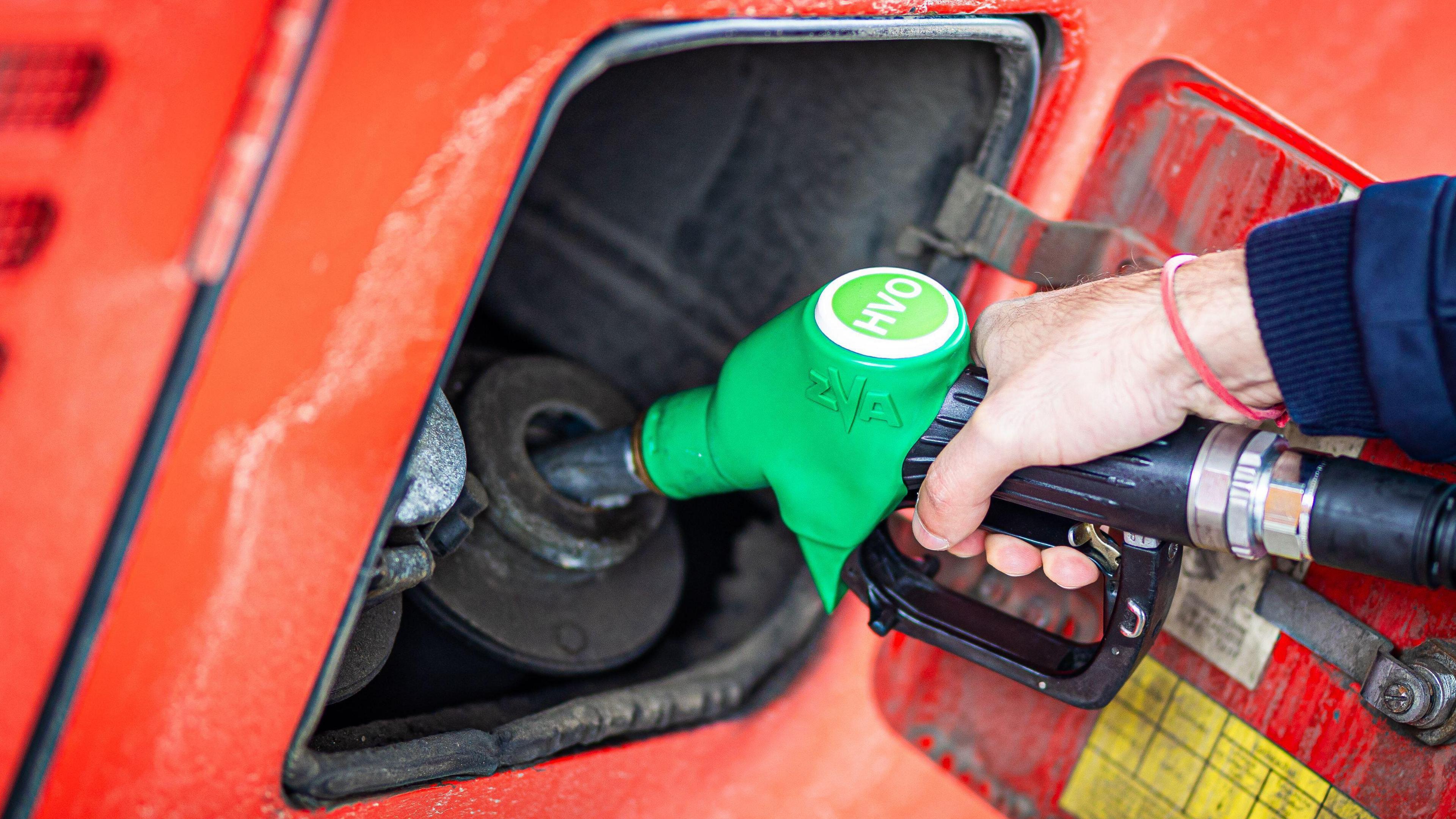Bin lorries powered by recycled cooking oil

Council leader Richard Wright says waste collection accounted for 41% of the authority's carbon footprint
- Published
Nearly all the dustbin lorries in North Kesteven are running on recycled fuel, the council has said.
All but two of the fleet of 31 vehicles now use hydrotreated vegetable oil (HVO) in place of diesel.
The council said it reduces overall greenhouse gas emission in its waste collection operation by 90%, cutting around 800 tonnes of CO2 a year.
HVO is produced by recycling used cooking oils and similar products.
Travelling around 400,000 miles (643,737 km) a year, the refuse fleet empties 55,000 bins a week.
Council leader Richard Wright said waste collection was responsible for 41% of the council's carbon footprint.
"Our vehicles travel along every road in the district, servicing every home, clearing fly tipping and undertaking other vital environmental tasks right across the area," he said.
"Now as they do so, there will be greatly reduced atmospheric impact as climate damaging emissions direct from the exhausts will be 98% lower from vehicles using HVO over regular diesel."
The council is also investing in electric-powered vehicles and fitting solar panels and air-heat pumps to its buildings.
Listen to highlights from Lincolnshire on BBC Sounds, watch the latest episode of Look North or tell us about a story you think we should be covering here, external.
More related stories
- Published27 May

- Published6 February 2023

- Published9 April
